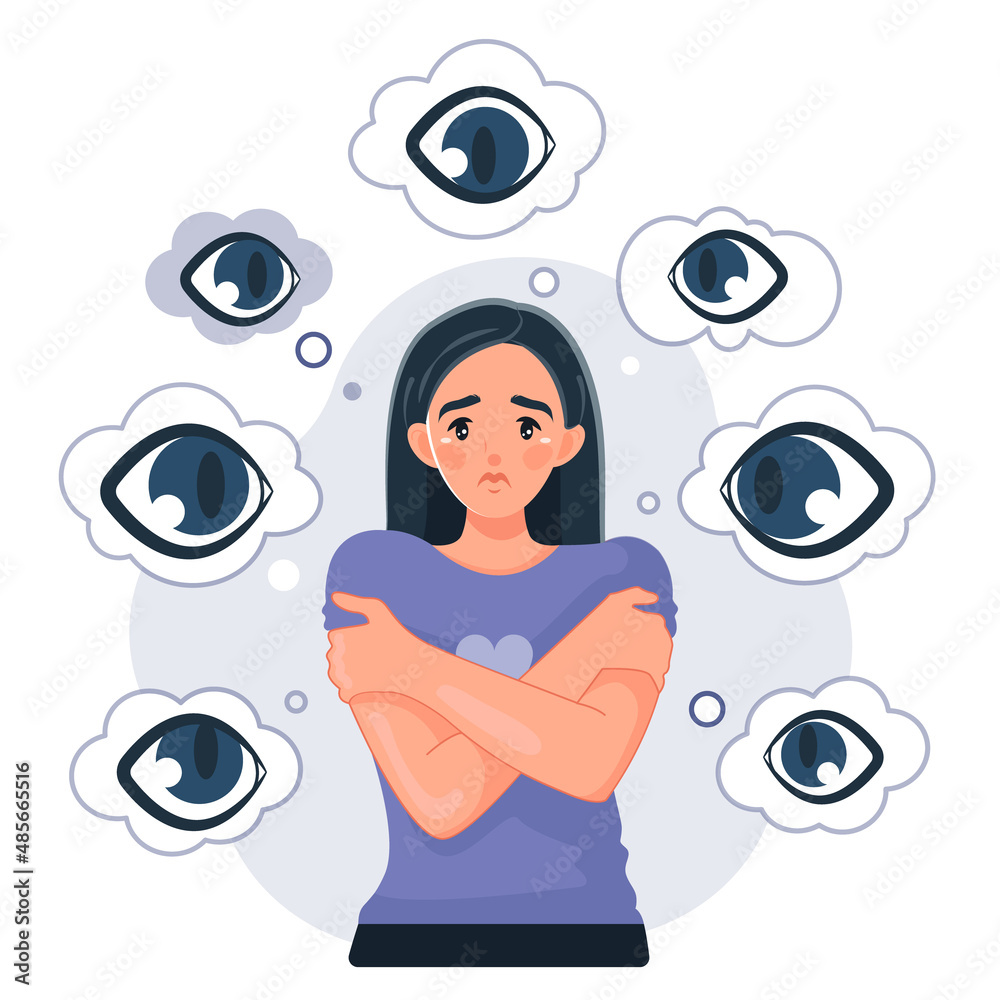Paranoia is a common symptom of various mental health conditions, characterized by irrational thoughts and beliefs of being persecuted or harmed by others. Despite its prevalence, paranoia can be distressing and disruptive to daily life. Let’s delve into the complexities of paranoia, exploring its symptoms, underlying causes, and effective coping strategies.
Understanding Paranoia:
Paranoia involves unfounded suspicions and mistrust of others, often leading individuals to perceive threats or dangers where none exist. While occasional feelings of suspicion are normal, persistent or excessive paranoia can impair social interactions, strain relationships, and undermine overall well-being.
Symptoms of Paranoia:
Common symptoms of paranoia may include heightened vigilance, irrational beliefs of being watched, followed, or plotted against, and difficulty trusting others. Individuals experiencing paranoia may exhibit defensive behaviors, such as secrecy, withdrawal, or hostility towards perceived threats. Paranoia can also manifest as delusions, where individuals hold fixed false beliefs despite evidence to the contrary.
Causes of Paranoia:
Paranoia can stem from various underlying factors, including genetic predisposition, traumatic experiences, substance abuse, and certain mental health conditions such as schizophrenia, bipolar disorder, or paranoid personality disorder. Environmental stressors, such as social isolation, financial difficulties, or interpersonal conflicts, may exacerbate feelings of paranoia.
Impact on Daily Life:
Untreated paranoia can significantly impact various aspects of daily life, including relationships, work performance, and emotional well-being. Individuals affected by paranoia may struggle to maintain meaningful connections with others, experience difficulties in employment or academic settings, and feel constant distress or fear in social situations.
Coping Strategies for Paranoia:
Managing paranoia involves learning to challenge irrational thoughts and develop healthy coping mechanisms. Cognitive-behavioral therapy (CBT) is often effective in helping individuals identify and challenge distorted beliefs, develop problem-solving skills, and reduce anxiety. Practicing relaxation techniques, such as deep breathing, mindfulness meditation, and progressive muscle relaxation, can also help alleviate stress and promote emotional well-being.
Seeking Professional Support:
For individuals experiencing significant distress or impairment due to paranoia, seeking professional support is essential. Mental health professionals, such as therapists, psychologists, or psychiatrists, can provide personalized assessment and treatment options tailored to individual needs. Medication, such as antipsychotic or anti-anxiety medications, may be prescribed to alleviate symptoms and improve quality of life.
Building a Support Network:
Coping with paranoia can be challenging, but having a strong support network of friends, family members, or support groups can provide valuable guidance and reassurance. Open communication, empathy, and understanding from loved ones can help individuals feel supported and less isolated in their struggles with paranoia.
Conclusion:
Paranoia is a complex symptom that can arise from various underlying causes, including mental health conditions, traumatic experiences, and environmental stressors. By understanding its symptoms, recognizing potential triggers, and implementing effective coping strategies, individuals affected by paranoia can regain a sense of control over their thoughts and behaviors. With professional support, personal resilience, and supportive relationships, it is possible to navigate the challenges of paranoia and foster greater emotional well-being.
Source – Cleveland Clinic



